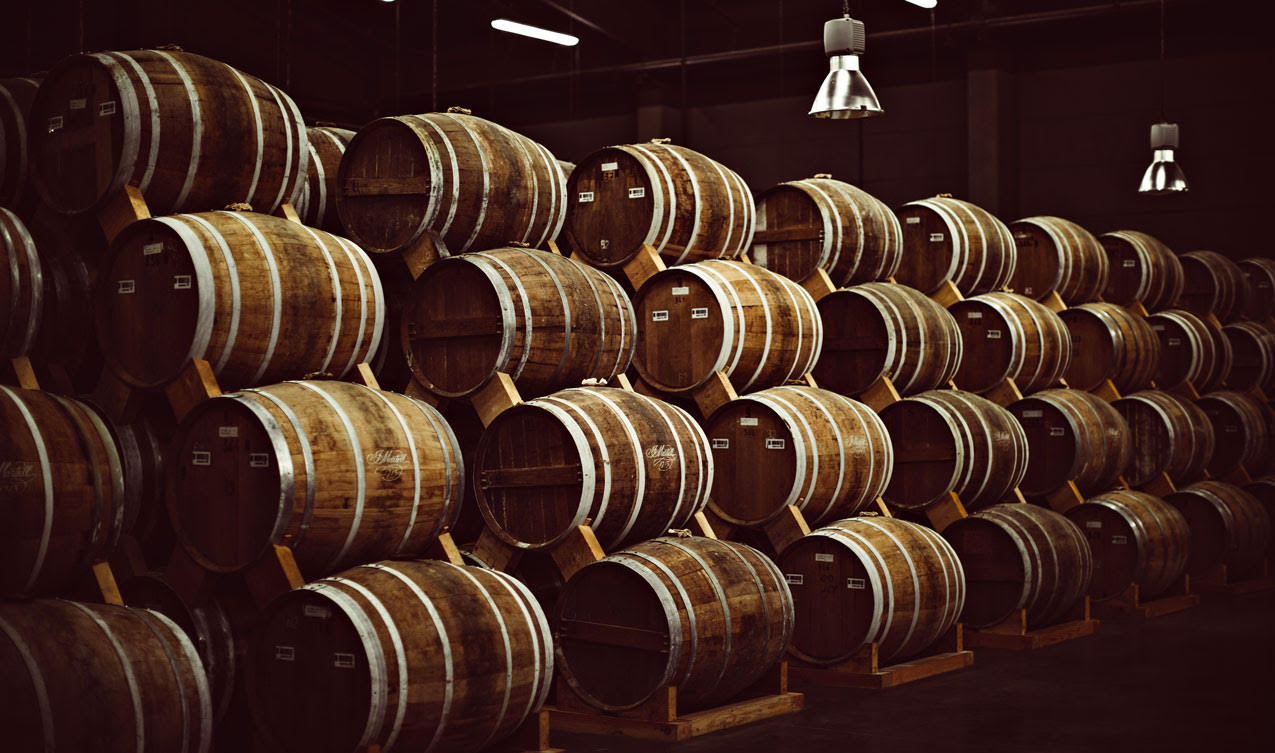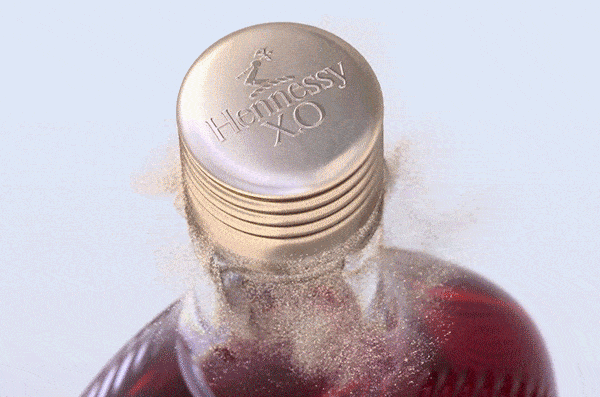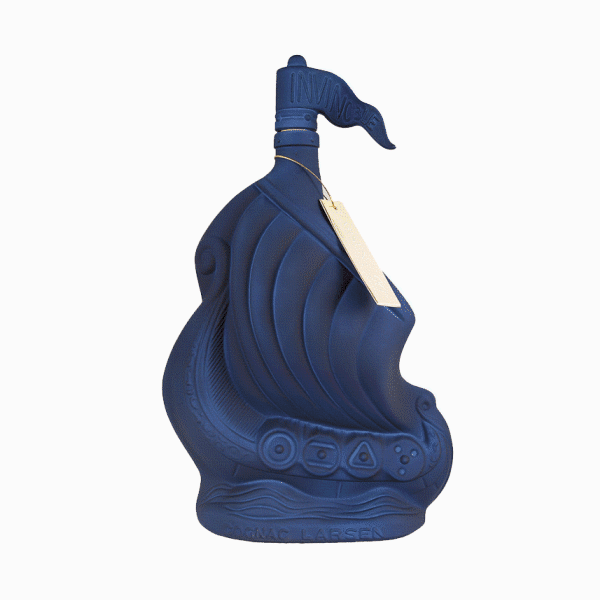
The aging of cognac analyzed by French chemists
Chemists from the University of Bordeaux analyze the composition of cognac that allows it to age and change its aroma.
First we must know, what is cognac. Cognac is an alcoholic beverage produced from fermented grape juice. It is distilled twice and then it is aged in wooden barrels.
Cognac, like many other alcoholic drinks, gives off aromas that vary according to the age of the drink. When we have a young cognac, it will tend to be floral or fruity. This type of cognac and its components have been analyzed more than the aged ones, which tend to be woody, spicy and strong.
For this purpose, chemists from the University of Bordeaux decided to study the emanation of older cognac. This to determine their compositions and compare them with younger cognacs. The result of the study was published in the Journal of Agricultural and Food Chemistry, and reveals that older cognacs give off volatile molecules that have not yet been exposed in this type of spirit. They also suggest that the amount of sediment formed by the residues of grape juice fermentation from the manufacture of the drink, could have a considerable impact on the smell and aroma of cognac.
The study
To conduct the study, the chemists analyzed the composition of alcohols under 10 years old (produced in 2011) and beverages over 50 years old (produced in 1982) distilled by E.Rémy Martin & Co.
They used a method called chromatography and had the help of wine amateurs who identify odors. In this way they were able to identify the groups of compounds responsible for the odour. Whether it is a fruity smell in young cognac or a woody smell in old cognac. They then managed to attribute an identity to the individual volatile compounds.
Throughout the study several well known volatile compounds representative of the terpenoid family were highlighted. Such as geraniol, α-terpinene, nerol, α-terpineol, 1,8-cineole (eucalyptol) And, in particular, piperitone, santalol and α-canfolenal, which have not been previously mentioned in cognac.
These compounds were quantified and their detection thresholds determined. Concentrations of geraniol, α-terpineol, α-terpineol and 1,8-cineol increased as the spirits were more aged, while nerol tended to decrease.
Don’t drink and drive. Enjoy responsibly.
Cognac
Discover all the news, facts and infos about Cognac all around the world thanks to Spirits Hunters’ expertise and blogging.
See all posts in this category. Join the community on Reddit
Join the community on Reddit
Spirits Hunters is a community dedicated to spirits and the world of mixology. Feel free to talk about the world of mixology and bartending here!
Join





